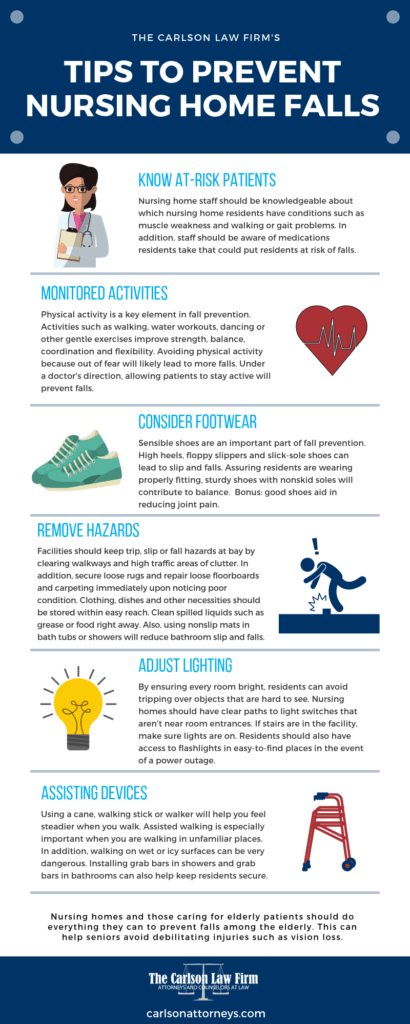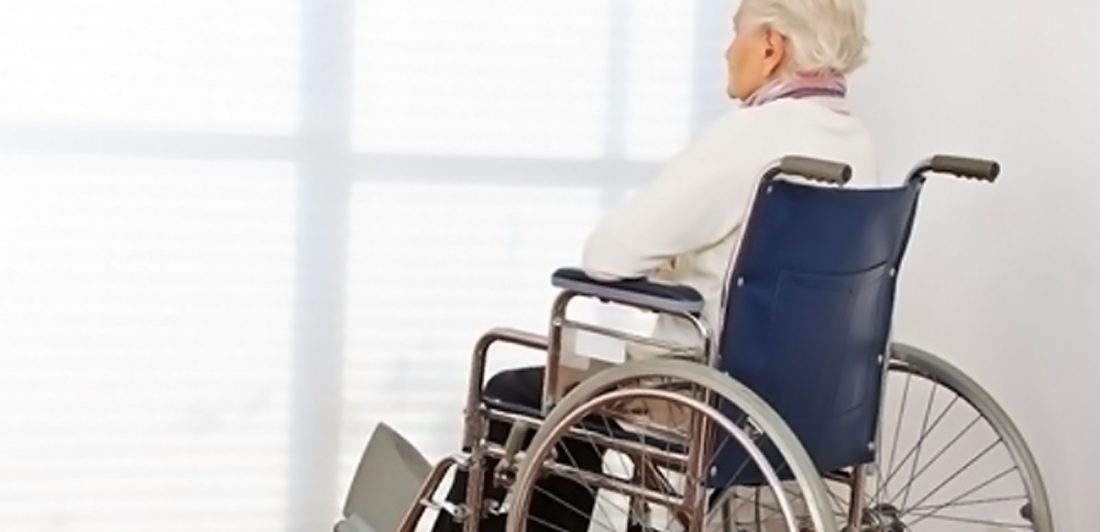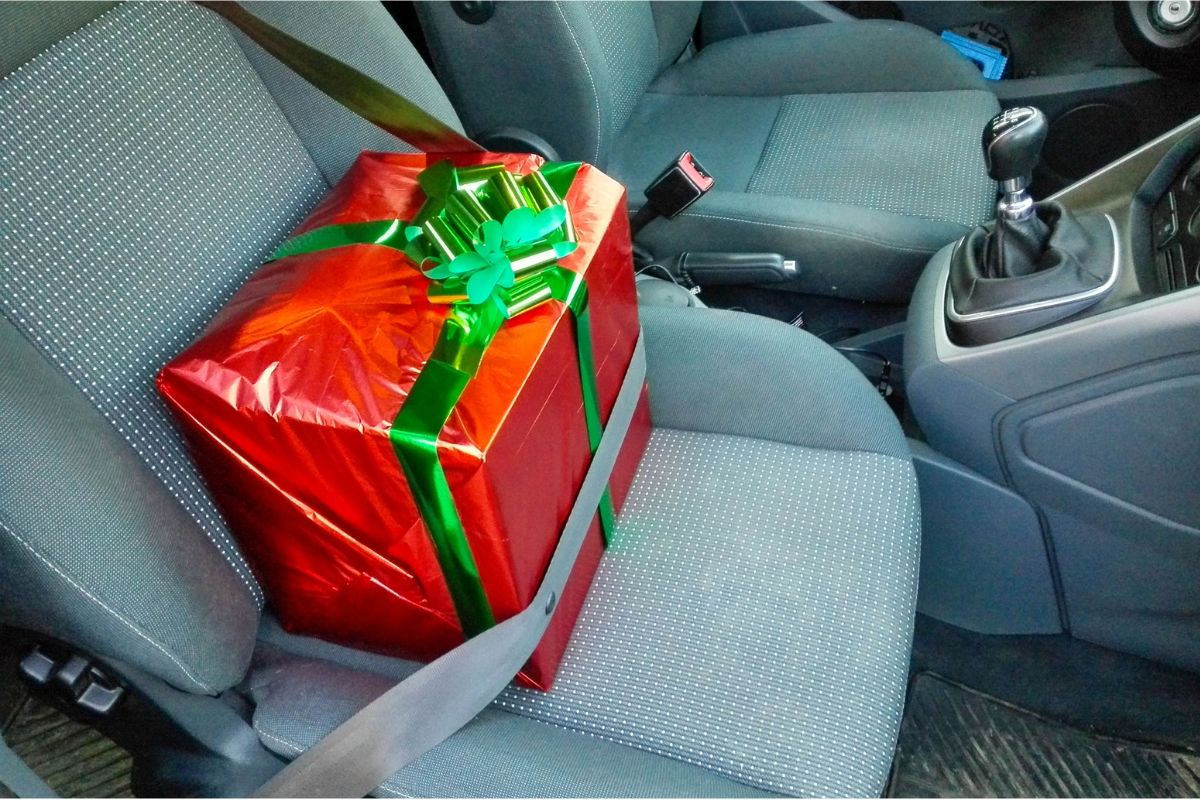More than 1.4 million Americans age 65 and older reside in nursing homes. Experts expect this number to more than double by the year 2030. It's also estimated that anywhere from 50% to 75% of residents fall each year while under the care of nursing home employees. In fact, at least 20% of nursing home deaths are attributed to falls. Further, those that survive their falls often have significantly reduced quality of life. Many will go on to suffer some form of a permanent disability.
When placing a loved one in a nursing home you expect that they will be provided the highest quality of care, or at least that’s what the pamphlet promised. Unfortunately, our line of business has taught us, that’s not always the case.
What situations can lead to a nursing home fall?
It's hard to say for sure just how often falls occur because of discrepancies in reporting practices. But what is known is that falls are preventable. Unfortunately, preventable falls lead to the death of about 1800 nursing home residents each year.
Falling in a nursing home can happen for a variety of reasons. Nursing homes and their staff, have a responsibility to understand the medical conditions of their residents. To prevent falls, staff need to be able to recognize what puts a resident at risk. By ensuring they are treating residents for medical conditions and ensuring residents are properly monitored nursing home staff can prevent falls from the following conditions:
- Fainting potential or blackouts. Patients with diabetes or other medical conditions that can cause a sudden drop in blood pressure after standing up need to be routinely supervised. Patient records should also reflect their conditions and be updated routinely as medication and medical conditions change.
- Identifying patients with a desire to move. Some fall-risk residents may have a propensity for wanting to move. Lying still for long periods of time may create some discomfort. Staff should make sure immobile residents don't want to get up without assistance by making sure residents are comfortable and engaged.
- Proper footwear. Socks, slippers or even barefoot can fall-risks. Nursing home staff should encourage residents to wear rubber-soled athletic sneakers with a snug fit. This promotes gait and balance and ensures residents' shoes have a grip that can prevent slips and falls.
How many nursing home falls occur because of neglect?
Each year, a typical nursing home with 100 residents can report anywhere from 100-200 falls. Residents who are suffering from nursing home neglect are almost 20% more likely to suffer a fall. Often, neglect occurs unintentionally. However, the major cause of nursing home falls is because of a nationwide problem: understaffing in nursing homes. If a nursing home is understaffed, to prevent falls they can take the following measures:
- Increase staff
- Adjust bed and wheelchair heights
- More frequent assistance with toileting
- Protective clothes such as wrist guards, hip protectors and helmets
- Reduce clutter
- Improve lighting
- Ensure furniture is stable

Steps to prevent falls in nursing homes
Falls in nursing homes can happen for a number of reasons. Residents may have gait issues or other conditions that can increase their risk of falls. In order to prevent a fall from happening to someone you love, follow these simple, yet effective steps:
1. Provide multiple sources of light
Nightlights aren’t just for young children. Make sure you place lamps and plug-in nightlights around the room so loved ones are able to see obstacles that may be in their way if they need to get up overnight for any reason.
2. Keep a list of medications
Knowing what medications a loved one is on can help prevent falls. You can even take the list of medications to your doctor, and ask that they review them and see if certain medications interfere with others. Sometimes, a negative reaction to medications can result in a fall.
3. Install safety devices
It’s important to have safety rails throughout a residents’ room to provide him or her with support and stability while moving throughout their space. When testing a safety rail, make sure it’s sturdy enough for someone to grab on to. If the room doesn’t have safety rails think about investing in devices like life alerts to ensure your loved one is heard if they fall.
4. Introduce balance exercises
Simple yet effective exercises can improve an elderly person’s balance, in order to prevent falls. Activities such as walking and tai chi may increase balance and coordination. Practicing how to land safely is also something you can do with your loved one so they are prepared just in case.
Falls often lead to declines in patient health. As a result, nursing home residents who have experienced falls will suffer from a reduced quality of life. This is why preventing falls is so important. Making sure that our seniors are taking care is a duty we owe to them and to ourselves. It's estimated that nearly half of young Americans today will need nursing home or assisted living care at some point in their lifetimes.
What to do if your loved one has fallen
Do not try and pick them up. Although it may be your first reaction, people who have fallen may have suffered a serious injury and picking them up could be fatal. Your first step should be to call 911. It is important that a nursing home resident is checked out by a doctor, no matter the severity of the fall.
How The Carlson Law Firm can help
When nursing homes fail to implement proper precautions to address a resident’s risk for falls, and the resident is injured or killed, family members should take action. Although some falls are unavoidable, oftentimes falls in nursing homes are a sign of nursing home negligence. Our team of nursing home neglect attorneys has handled many cases where residents have suffered serious injuries as a result of under-staffing in long-term care facilities. When staff cannot properly monitor residents, fall injuries are more likely to occur.
If you believe that a loved one may be the victim of nursing home neglect or abuse you should take action quickly and contact us online or call us at 800-359-5690 to set up a free consultation.
We are available to speak with you 24 hours a day, 7 days a week.




